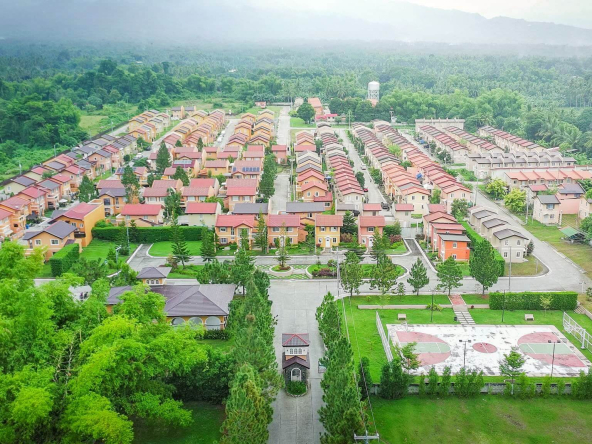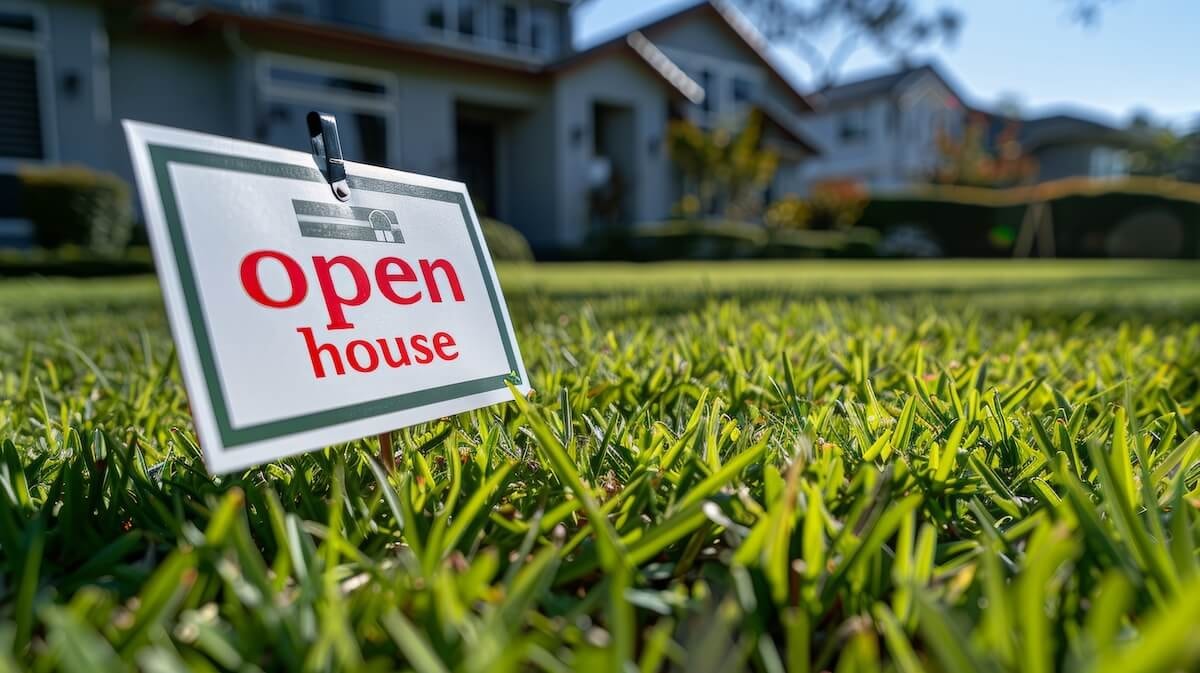
Hosting an open house is a crucial moment in the process of selling a real estate property, offering potential buyers a valuable opportunity to experience the home firsthand.
To ensure the event is successful and yields the best possible results from potential buyers touring the property offering, it is essential to adhere to a series of best practices while avoiding common pitfalls.
What is an open house?
An open house is a scheduled event that provides an opportunity for prospective buyers to visit and tour a real estate property for sale without the need for a prior appointment.
Designate time for interested parties to manage foot traffic
Typically hosted by a real estate agent or the seller, the open house offers a designated time for multiple interested parties to explore the home simultaneously.
Held at convenient times, such as weekends or evenings, open houses are designed to fit into potential buyers’ schedules, making it easier for the serious buyer to view the real estate property.
Allow home buyers and home sellers to explore and appreciate the house at their own pace
During the private showing, visitors have the freedom to explore the home at their own pace, allowing them to assess the layout, condition, and features firsthand.
Maintain a friendly demeanor at all times
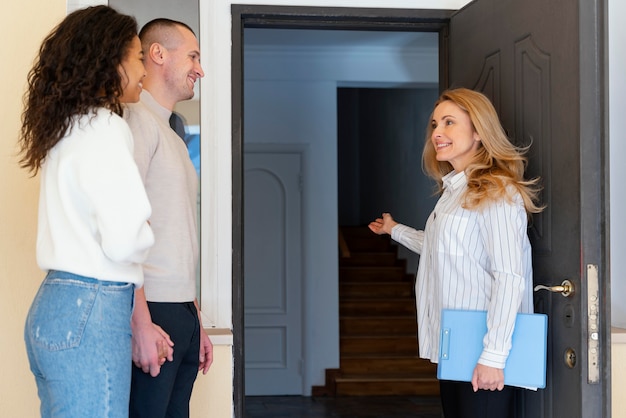
It is important to make potential buyers feel comfortable during the guided tour to generate interest and creative positive impression.
This experience is invaluable compared to viewing photographs with descriptions alone, or even through virtual tours, as it provides a tangible sense of the space and its potential.
The host should be present to provide detailed information and address inquiries
Together with the seller’s agent, the host is on hand to provide the potential buyer detailed information about the property, its floor plan, including its features, recent updates, and the surrounding neighborhood, provide expert advice or tips like design ideas, and to answer any questions that arise.
From a marketing perspective, an open house serves as a strategic and powerful tool to draw attention to the property, widening market reach, for attracting prospective buyers, and generating interest in the property.
It enables the property to be showcased to a broad audience in a relatively short period, increasing the chances of receiving offers.
House staging helps
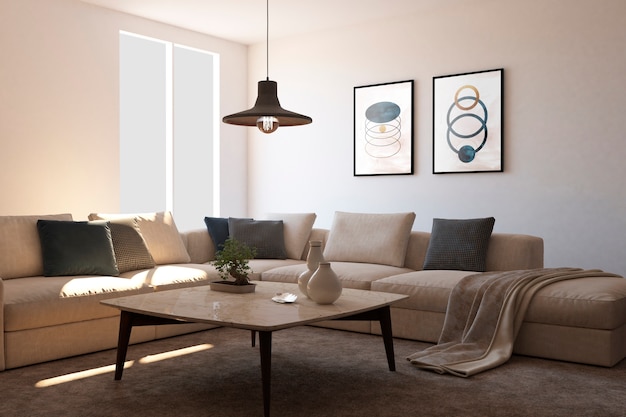
To enhance the visitor experience, the property is often staged to highlight its best features, and efforts are made to create a welcoming atmosphere with clean, well-maintained spaces and most open houses even serve refreshments as common courtesy.
Finally, it is best to request feedback from real estate agents, prospective buyers, and other attendees to gauge their interest in the property.
An open house is a valuable event for both buyers and sellers. For buyers, it provides a chance to gather more comprehensive information and experience the property in person.
For real estate agents and sellers, it offers a platform to showcase their home to a larger pool of prospective buyers, increasing the likelihood of a successful sale.
Do’s and Don’ts of Hosting an Open House: The Essentials
To effectively maximize an open house, it is important to follow practices that ensure the event is both engaging and impactful.
A successful open house can attract serious buyers and accelerate the sale process, while missteps can lead to missed opportunities and reduced interest.
Do:
Prepare the property thoroughly
The initial impression of a home is important, making it necessary to start with a spotless and organized property. Clean every nook and cranny, remove clutter, and ensure that the house is pristine.
Do not store items, say the kitchen cabinets, as most likely, the agent and potential buyers touring the property, will open them.
This not only enhances the visual appeal but also helps buyers envision themselves in the space. Additionally, staging the home plays a significant role in presenting it in its best light.
Arrange furniture and decor to highlight the property’s strengths, creating an inviting environment that allows potential buyers to see how the space can be utilized effectively.
Staging can transform a house from a mere structure into a dream home, helping buyers imagine their life in the property.
If it is a house for resale and not a new home, inspect every room in the house and remove all personal items which may be misplaced.
Advertise effectively
One of the key open house dos is effective advertising to draw potential buyers to your open house. Promote the event through multiple channels, including social media, online listings, real estate websites, and local listings, and even with a listing agent.
This broad approach ensures that the property reaches a diverse audience, increasing the chances of attracting serious buyers.
Your advertisements should include clear and comprehensive details, such as the date, time, location, and any unique features of the property. Some of the private showing require a pre approval letter so make sure this information is available to avoid wasting the time of home buyers and agents.
By providing this information upfront, you make it easier for potential buyers to plan their visit and get excited about the home.
Create a welcoming atmosphere

On the day of the open house, the atmosphere you create can significantly influence visitors’ perceptions. Set the scene with thoughtful touches like soft background music, pleasant scents from candles, and a comfortable temperature.
These details contribute to a positive and memorable experience. Additionally, offering light refreshments can make visitors feel more comfortable and encourage them to spend more time exploring the home.
Small gestures like these can make a big difference in how potential buyers perceive the property.
Unlike in a virtual tour where the activity is less experiential, with open houses, you do not just sell a property or a new home, you also sell the experience to the market.
Be prepared to answer questions
Another important open house etiquette is to make sure that the host is well-prepared to provide detailed information on every square footage of the property. Familiarize yourself with recent updates, neighborhood amenities, and any potential issues that may arise.
Engaging with visitors in a friendly and knowledgeable manner will grab attention, helps build trust, and demonstrates your commitment to the sale.
Addressing their questions and concerns promptly and professionally can foster a positive relationship and increase interest in the property.
Remember, these real estate agents and potential buyers can also be your ambassadors to other potential buyers.
Follow up with attendees
After the open house, following up with attendees is crucial for maintaining interest and advancing the sales process. Collect contact information through a sign-in sheet to facilitate follow-up communication.
Sending thank-you notes to express appreciation for their visit can keep the property fresh in their minds and show that you value their interest. This follow-up can also provide an opportunity to address any additional questions or offer further information, potentially leading to a successful sale.
Don’t:
Neglect condition of the home
Failing to address necessary repairs or maintenance issues before the open house can negatively impact potential buyers’ perceptions. A home that shows signs of neglect or disrepair may deter interested parties.
Similarly, do not ignore curb appeal. The exterior of the home is the first thing visitors see, so ensure the front lawn is well-maintained and the entrance is inviting.
A well-kept exterior sets the tone for the rest of the property and can significantly influence first impressions.
Overcrowd the property
Managing visitor flow is important to ensure a positive experience. If too many people are present simultaneously, the environment can become chaotic, making it difficult for buyers to view the property properly.
Schedule visits to avoid overcrowding and provide ample time for each visitor to explore and ask questions without feeling rushed. Creating a calm and organized environment allows potential buyers to appreciate the home’s features fully.
Be unprepared for security issues
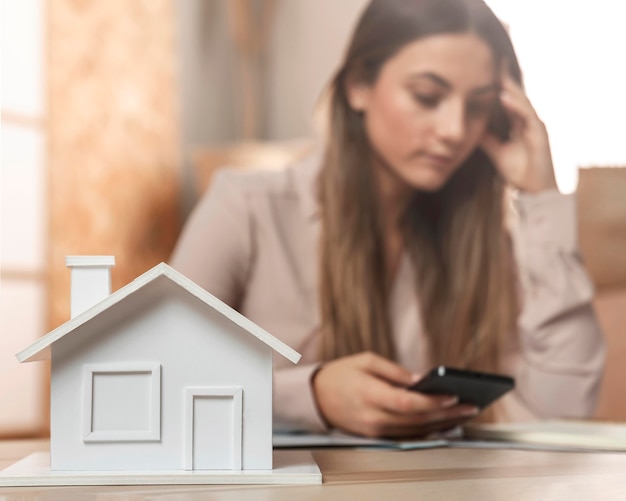
Security should be a top priority during an open house. Secure valuable items, money, and personal belongings to prevent theft or damage.
An open house can attract individuals who may not have genuine buying intentions, so it is important to monitor access to the property.
Implementing a system to track visitors can help ensure that the open house runs smoothly and securely.
Ignore the timing
The schedule of the open house can impact attendance. Avoid timing the event during major holidays or local events that may conflict with potential buyers’ calendars.
Instead, choose times that are convenient, such as weekends or early evenings, when more people are likely to be available. Additionally, plan and promote the open house well in advance to maximize attendance and effectiveness.
Fail to follow up
Neglecting to follow up with attendees can result in missed opportunities. After the open house, reach out to potential buyers to gauge their interest and provide additional information if needed.
Effective follow-up communication can help maintain interest in the property and potentially lead to a successful sale. By staying engaged with interested parties, you increase the likelihood of progressing towards a sale.
By adhering to these dos and don’ts, you can enhance the effectiveness of your open house, attract serious buyers, and ultimately increase the chances of a successful sale.
Hosting an open house requires careful planning, attention to detail, and a commitment to creating a positive experience for potential buyers.
When done right, the rewards can be significant, paving the way for a successful and satisfying transaction.
In real estate, an open house is more than a marketing tool as it is an opportunity to create moments of connection and aspiration. Take this chance to highlight the unique selling points of the property, transforming a simple tour into a memorable experience that resonates with attendees long after they leave. Following the best practices and avoiding common pitfalls, you ensure that your open house stands out in the competitive market, drawing in the right buyers and setting the stage for a rewarding transaction.
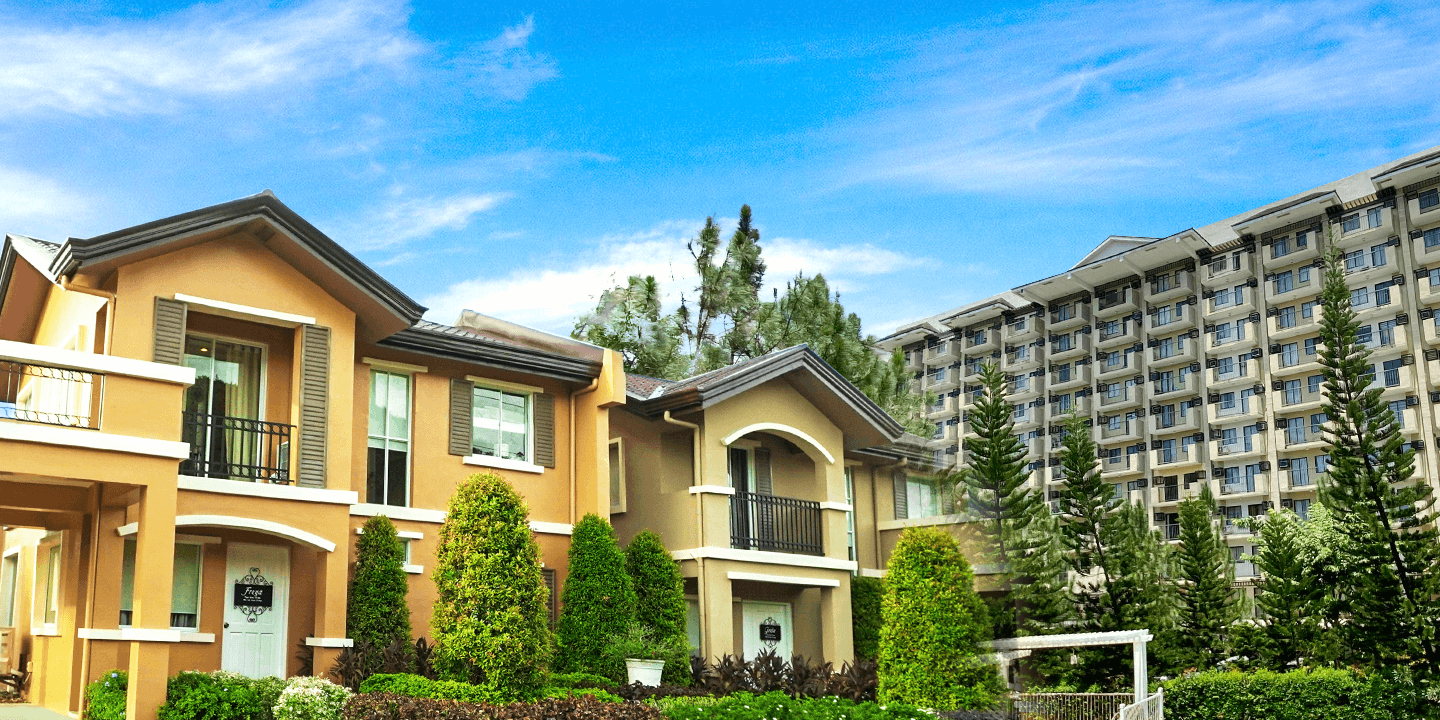
Celebrate Life’s Milestones in Camella!
House and Lot & Condominium for Sale in the Philippines

